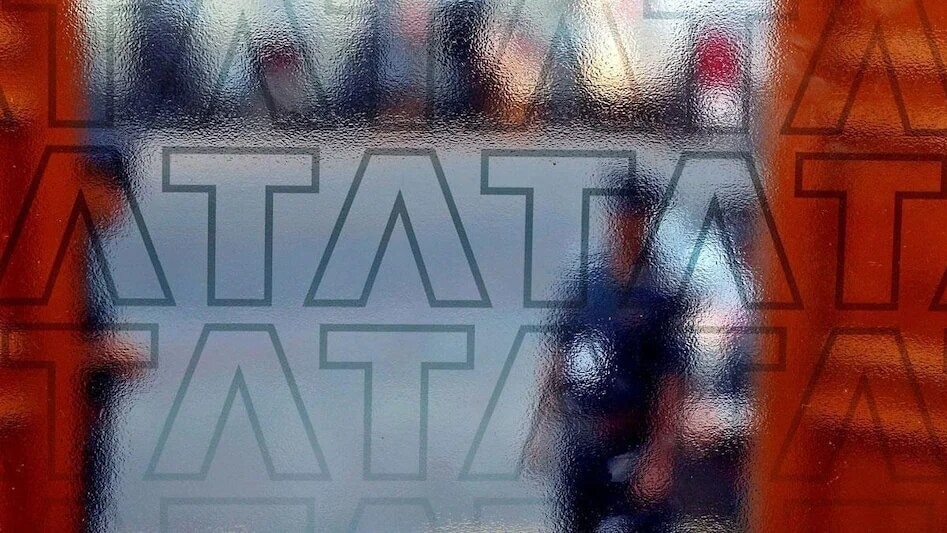Noshir Soonawala, a Tata Group stalwart and trusted confidante of the late Ratan Tata, has broken his silence amid the rift between Tata Trusts trustees. He has also urged an immediate resolution of the differences.
Soonawala, speaking to Times of India, said, “It is painful to see what is happening at the Tatas, a group where I have dedicated almost my entire career…I hope the trustees of Tata Trusts resolve their issues”.
The former vice-chairman of Tata Sons, and an ex-trustee of Tata Trusts, when asked if he might serve as a mediator amid the conflict, told the daily, “I’m now an outsider, having stepped down from my roles several years ago…I read about their differences in the newspapers. What is the real issue? It is a 157-year-old group.”
Soonawala who had joined the conglomerate in 1968 had stepped down from Tata Trusts in 2019, after retiring from Tata Sons in 2010. He was instrumental in several landmark financial initiatives for the group, including the Rs 300-crore rights issue in 1995.
THE TUSSLE AT TATA TRUSTS
Tata Trusts is facing an internal dispute as trustees prepare to decide on the reappointment of Mehli Mistry, a current trustee of both the Sir Dorabji Tata Trust and the Sir Ratan Tata Trust. The decision, expected to be communicated on Monday, comes amid a contentious renewal vote that has highlighted divisions within the leadership of the trusts.
Together, the two trusts hold a controlling 51 per cent stake in Tata Sons, the holding company of the Tata Group, making the outcome significant for the group’s overall governance. Reports indicate that the absence of consensus, which has historically been a core principle at Tata Trusts, is creating uncertainty within the organisation.
On Friday, a resolution seeking Mistry’s reappointment was brought forward by Tata Trusts CEO Siddharth Sharma. Trustees Darius Khambata, Pramit Jhaveri, and Jehangir HC Jehangir reportedly supported the proposal, yet unanimous approval has not been achieved. This lack of total backing departs from established tradition, further exposing cracks in the trust’s internal cohesion. Multiple sources familiar with the matter suggest this development could have long-term implications for how the Trusts manage their leadership appointments in future cycles.
The internal debate around Mistry’s renewal stands out because decisions at Tata Trusts have typically required full agreement among trustees. While the Dorabji Tata Trust’s 1932 deed allows for majority decisions, the practice of seeking unanimity has served as an informal rule until now. The departure from this norm follows a similar incident in September, when a majority decision was used to remove a trustee from the Tata Sons board, raising questions about the Trusts’ evolving governance standards compared to their historical norms.
Additionally, reports note that the disagreements stem from wider tensions between certain trustees. Mistry has reportedly clashed with other senior figures and has made his support for their reappointments conditional on the approval of his own renewal.


